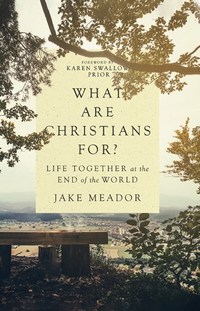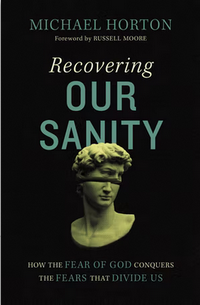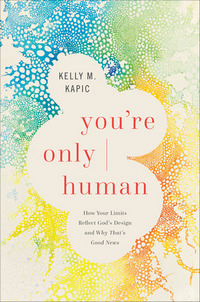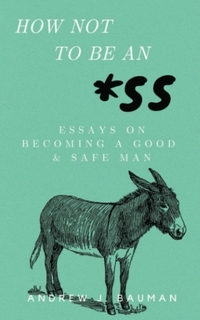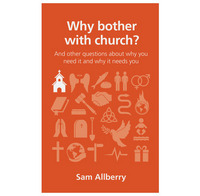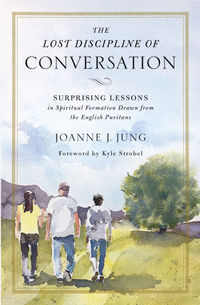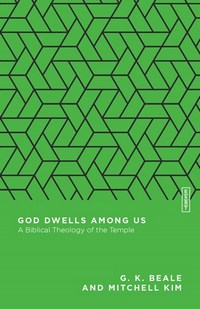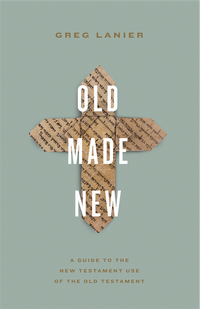 Old Made New:
Old Made New:
A Guide to the New Testament
Use of the Old Testament
by Greg Lanier
DETAILS: Publisher: Crossway Publication Date: April 12, 2022 Format: Paperback Length: 137 Read Date: April 10-17, 2022

What’s Old Made New About?
Lanier’s goal is to enable the average reader of the New Testament to understand how and why the authors would use an Old Testament passage at a particular point. As often as the NT uses the OT, that’s so important.
He begins—and this is beyond sad that he has to—by explaining why the reader of the NT would want to understand their use of the OT. He then differs his approach from others—primarily he’s not going to get bogged down in or distracted by technical considerations. As interesting as I find that kind of thing, he has a point.
In Chapter 1, he explains his method for analyzing the NT usage of a portion of the OT (I won’t get into that here), and then he spends the next few chapters demonstrating it.
The bulk of the book consists in tracing the NT authors’ engagement with the OT along three major themes:
Chapter 2—articulating the gospel in terms of the saving work of God in history and the gift of salvation to individual believers
Chapter 3—articulating the fullness of Jesus in his person and work, both as divine Son and human Savior
Chapter 4—articulating the identity of the church as eschatological Israel, as well as its mission and conduct for todayEach chapter has a mix of shorter examples that help prove out these themes, as well as longer case studies (six per chapter) that model for the reader how to do the work.
Appendix
There is a fourteen-page appendix to this book, “Inventory of New Testament Uses of the Old Testament,” listing most of the major agreed-upon uses of the Old Testament in order of New Testament chapter and verse, and then notes what kind of NT usage (Quotation, Allusion, Citation). There are some disagreements about what verses are NT uses of the Old, so Lanier keeps it to those with widespread agreement.
This is a very useful list both for the sake of reference and to help the reader practice the principles in the book. I know I’m coming back to this appendix.
I would’ve liked another version of this list using the same data, but in order of the OT book/chapter/verse—only to make things easier.
So, what did I think about Old Made New?
Lanier did a great job of balancing explaining his points with demonstrating the principles, and showing why the reader would want to use these principles. This is an engaging book, an eminently practical read, and an easy-to-use hermeneutic guide.
I really liked Lanier’s 3-step approach to analyzing the usages, it’s easy to wrap your brain around both as an example and for following the example. His case studies are both great object lessons and interesting for what he shows about the passage. I’d have had no problem reading these chapters if they were twice as long for personal benefit. Getting a handle on tools like this is such an aide for personal study and understanding, and Lanier’s given the Church a great gift with such an easy-to-understand and easy-to-use guide.
I definitely recommend this to your attention, study, and application. You’ll be rewarded.

This post contains an affiliate link. If you purchase from it, I will get a small commission at no additional cost to you. As always, opinions are my own.
![]()



![Instruction in Christian Love [1523]](https://www.hcnewton.com/irrreader/2022images/InstrinChrLove.png)
